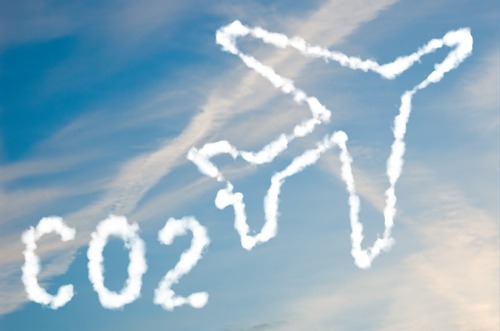
Airlines for American (A4A), a trade organization representing the leading U.S. airlines, said on Thursday that its member carriers will work within the industry and with government leaders to achieve net-zero carbon emissions by 2050.
As part of the commitment, A4A carriers said they would work with stakeholders toward a rapid expansion of the production and deployment of commercially viable sustainable aviation fuel (SAF) to make 2 billion gallons of SAF available to U.S. aircraft operations in 2030.
“We are proud of our record on climate change. But we know the climate change challenge our country and the world face has only continued to intensify,” said A4A President and CEO Nicholas E. Calio. “Today, we embrace the need to take even bolder, more significant steps to address this challenge.”
A4A said that while it and its members are committed to the ambitious climate goals, they still need the U.S. federal government, as well as state and local governments, to implements supportive policies and programs to enable innovation, scale-up, cost-competitiveness, and deployment in the areas of technology, operations, infrastructure, and SAF. Additionally, the group said, it is important that those governments not implement policies that would limit the industry’s availability to invest in emissions-reducing measures.
Some A4A members have already set net-zero goals, Calio said, but the industry-wide commitment was important.
“Given that airlines are already driven to be highly fuel efficient, pushing technology, SAF, operational and infrastructure advances even farther to achieve net-zero is a massive undertaking,” said Calio. “Reaching the 2030 SAF goal alone will require an 84 percent annual average increase in SAF production through 2030. To move the needle, we must all work together, and the government needs to be an active partner and provide positive infrastructure and other investments to complement our efforts.”
A4A said that U.S. airlines have a strong record on climate change and have a continuing commitment to further reduce their greenhouse gas (GHG) emissions footprint. U.S. airlines have improved fuel efficiency by more than 135 percent since 1978, saving over five billion metric tons of carbon dioxide.